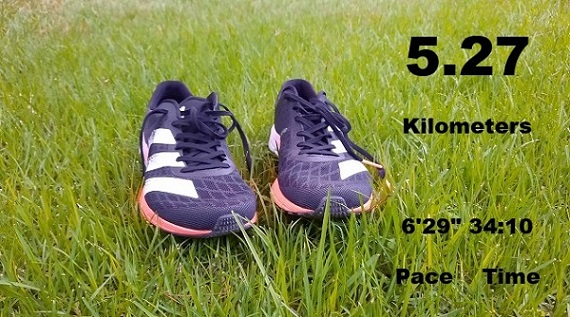If there is anything Israel did right in this past year’s battle against coronavirus, it was in securing enough vaccines to start a massive inoculation campaign. At this stage, citizens over 60 and at-risk groups are eligible and an incredible 1/3 of that population (nearly 700,000 as of yesterday) has already been vaccinated.
Israel currently leads the world in vaccinations per capita, with 7.44 doses administered per 100 people. Bahrain is second, followed by the United Kingdom and the United States. Although there is a fear that Israel may run out of vaccines in mid-January, enough are being reserved for the second required dose for those who have already been vaccinated.
With such a huge rush to get vaccinated, my wife and I were worried it would be difficult to set an appointment. We had heard stories about people waiting on the phone for over half an hour before getting disconnected. But for us, the process was extremely simple and efficient.
Jodie registered us on our health care provider’s website and our vaccinations were set for January 6th. However, a few days later, the nurse on our moshav called to say that there were openings on December 30th. We would get our shots at a clinic in Mevesseret at exactly 14:09 and 14:14 on Wednesday afternoon.
We showed up at the clinic and walked right in, directly to the nurse’s desk. No crowd at the entrance, no waiting in line. The nurse took our details and within 2 minutes, I sat down for my shot. And then Jodie got her shot. We were told to wait outside for 15 minutes, to make sure there were no immediate reactions to the vaccine, and then we were able to go home.
Today we will set our appointments for the second dosage in three weeks’ time. Both Jodie and I feel a slight pain in our shoulders—nothing more serious than a muscle cramp—but overall, we are just relieved that we got our shots.
As we start 2021, our sincere hope is that everyone will get vaccinated so that we can put COVID-19 behind us!

































